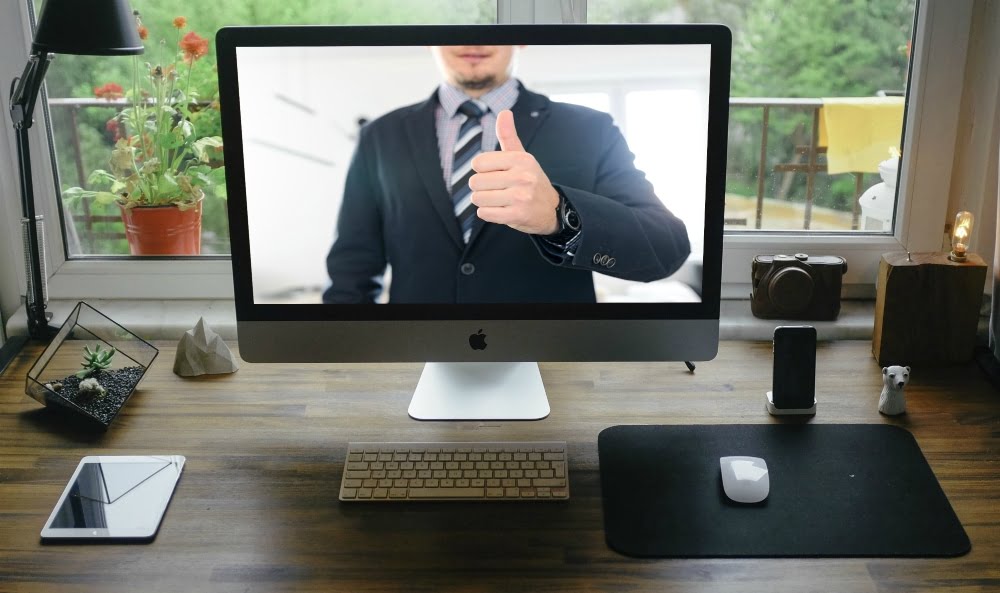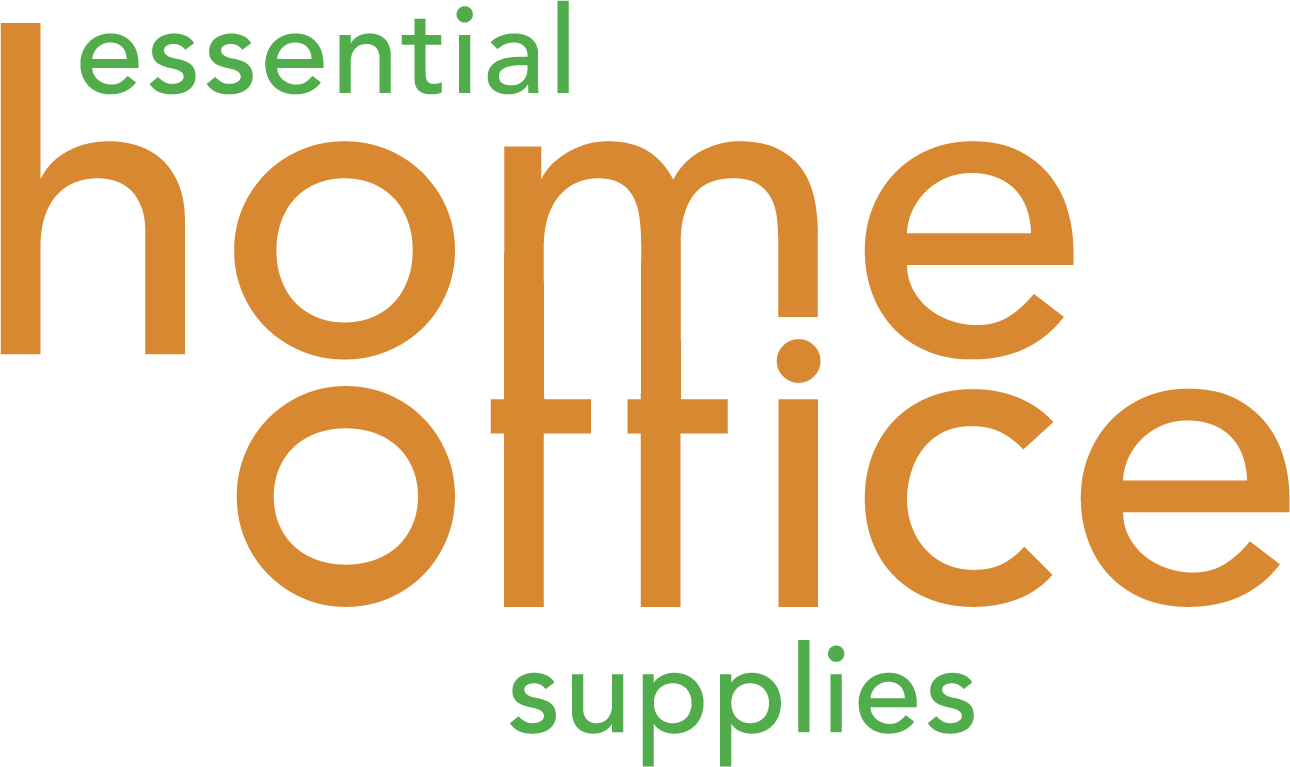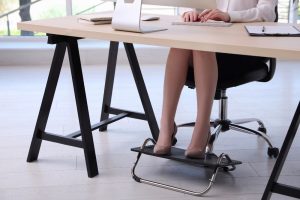If you’ve decided to set up a home office, apart from the fun of decorating and furnishing your new work space, there are a few things you might need to consider.
Firstly, there are 2 main types of home office:
- An office or space that is separate from the rest of the house.
- A study or office in the house.
The level of deductions allowed by the Tax Department in your country may depend on the nature of your home office and/or the type of business run from the office.
If the type of work you do from home requires clients or customers to visit you at your home office, you will probably be able to claim more deductions than someone who works from home alone such as a writer or journalist or web designer.

It’s definitely worth investigating what the laws and regulations are in your local area before you decide to set up a home office and work from home.
Here are some things we would suggest doing when first planning your home office.
- Talk to your accountant (or find yourself a good accountant if you don’t already have one) about what deductions you will be able to claim from operating your business from home. There will likely be tax deductions for lots of your working from home expenditures such as telephone, internet, heating, lighting and electricity, as well as tax deductions offered in purchasing new office furniture and equipment.
So, that stand up desk you’ve been coveting could be yours as it’s tax deductible! Also repairs and renovations done to your home office may be tax deductible.
- Just how much space will your home office be taking up? The amount you can claim as a business expense is dependent on this. For instance, if your home office takes up 25% of your home floor space, in theory you could be able to claim 25% of your household expenses such as insurance, rates and rent as a business expense. Again, your accountant will know your local tax laws regarding this and is the best place to get advice.
- It’s a good idea to check with your local council before running your business from home. Some councils have rules and regulations about home offices in residential areas.
Often this pertains to parking/traffic concerns so, if you can demonstrate that either
a) You won’t be having clients visit you at the home office or
b) You have onsite parking available for them, this usually won’t be too much of an issue – but always best to check first.
- What about insurance? Your insurance broker is the best person to seek advice from regarding insurance but, it’s likely that your household insurance won’t cover your office equipment, computers, furniture etc.
You will most likely need to take out a separate insurance policy for your business, and you’ll probably need public liability insurance too. Speak to your insurance broker to find out what sort of cover you might need.
- While most of us rely solely on our mobile phones these days, depending on the type of business you are planning to run, your home office might require a traditional landline telephone. It’s easier to install an additional landline for your office (assuming you still have one for your house) than it is to keep a log of all phone calls made on the home phone which were business related.
Tax wise you typically cannot claim on the expense of putting the new phone line in but you can claim 100% of the cost of the calls if this line is solely used for your business.
- If you’re planning on employing someone else to work with you in the business, you’ll need to make sure that you understand what’s required of employers where you live. Do you need to pay them superannuation, health insurance or have them covered under a work cover insurance scheme?
You’ll also need to be aware of the payroll and taxation system required – you will most likely be required to take tax out of your employee’s wages each week and pay this tax to the tax department on their behalf.
You’ll need a system to keep track of how much has been paid to you and any of your employees and how much tax has been paid on their behalf so that when tax time rolls around each year, you’ll have all the information ready and organized.

So, there you have them – the boring bits! Tax, insurance and other expenses are all a necessary part of being in business and are things you can’t simply overlook because you’re working from home.
Speak to your accountant about all of the tax deductions you will be able to make through your home office – it might mean you can go on a shopping spree to furnish your home office with all the office furniture and decor you desire while being able to claim it all back in tax!











